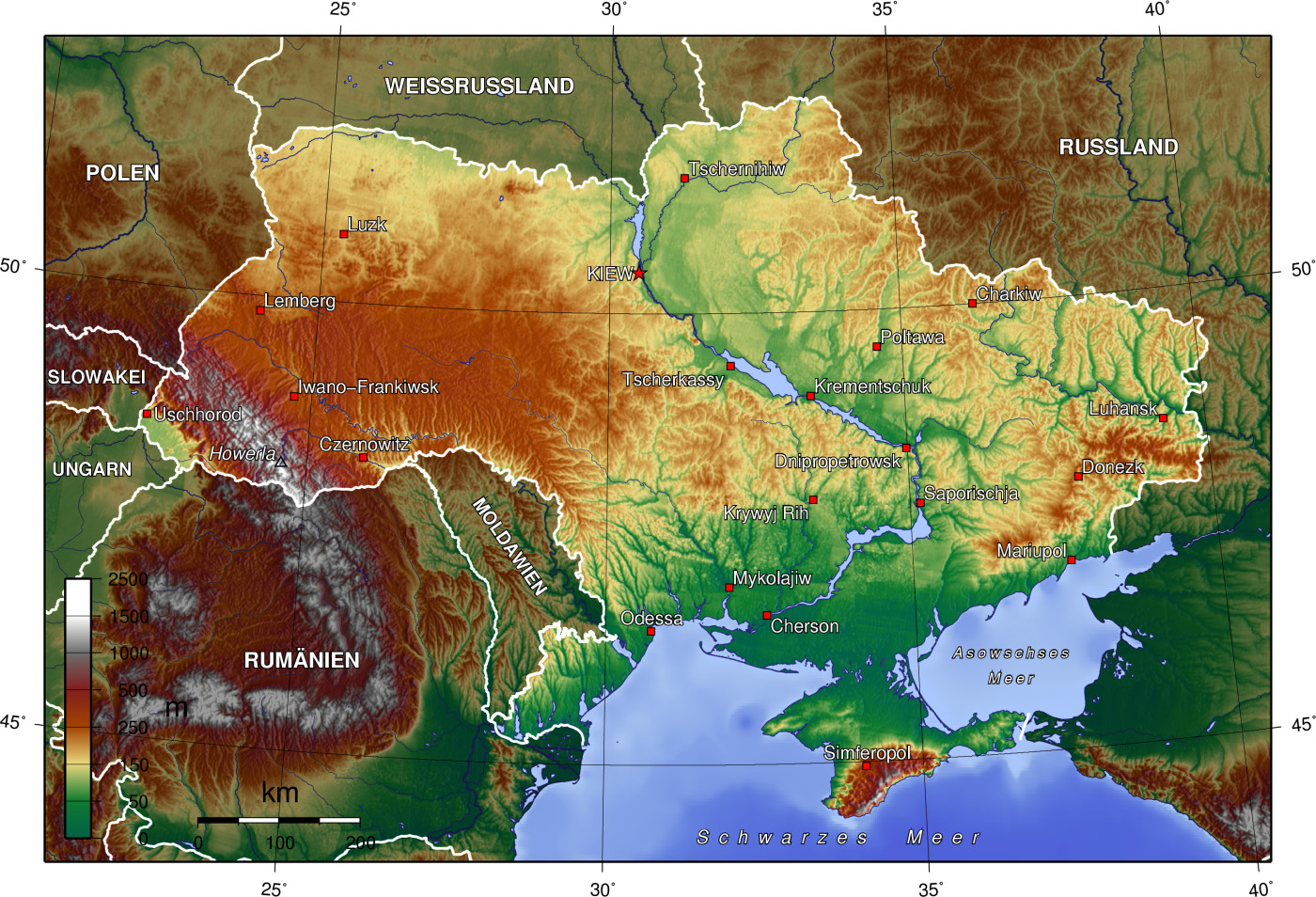From among the EU member-states, the Hungarian government used the most lenient approach to the Russian operations in Ukraine. The opposition parties’ immediate reactions to these events made the government party express its opinion too. We will go through the different positions of actors on the Hungarian political scene.
The Ukrainian-Russian conflict got caught into Hungarian political agenda during the electoral campaign in its homestretch. In the interpretation of opposition parties, the reason was the heavily criticised Russian-Hungarian nuclear plant construction treaty signed a month and a half earlier; thus, the soft governmental position against Russian aggression.
There are two party positions on the case; both of them reflecting well the campaign’s logic. Opposition parties are concerned that the government has so far been reluctant to explicitly condemn Russia’s actions. They demand a firmer stance on the issue, and the repeal of Paks treaty. On the other hand, the government has taken a permissive position and is trying to keep the issue from becoming the campaign topic. Efforts are reasonable on both sides. Hungarian statements are considered weak and late on international level too, so they can be objects of due criticism. Moreover, the opposition has taken up the same stance on the Paks treaty, which gives them possibility of acting as agenda-setters in the electoral campaign.
On the 2nd of March, one of the opposition parties – LMP (Politics Can Be Different) – called for an immediate reunion of the Parliament’s foreign affairs committee and for a hearing of the intelligence services. On the 3rd of March, Mr András Schiffer, leader of the parliamentary group of the party, underlined the importance of an emergency session of the legislative body (dissolved due to the upcoming elections). All the governmental statements were considered insufficient and meaningless with respect to the gravity of the situation according to the party’s press release. As the crisis situation aggravated, the party’s voice got stricter. On the 6th of March, Ms Bernadette Szél, vice-president of LMP, declared that the nuclear power plant construction treaty has to be cancelled by the emergency session initiated by them. She also called for the termination of cooperation with Mr Putin.
On the 2nd of March, the parties of the joint opposition (the so-called “Unity”) released a common statement. They demanded more accurate governmental actions, the repeal of Paks Treaty, and informing parliamentary group leaders of Ukrainian events.
The leader of the biggest opposition party on EP election list, socialist Mr Tibor Szanyi, said “neither Ukraine can be a Russian colony”, referring to a foreign policy slogan of the current government. Parties of the joint opposition are standing up for the principle of self-determination of nations and trying to help Ukrainian people through their European relations.
Mr Attila Mesterházy, president of the socialist party and joint PM candidate of opposition, said all parties of the Összefogás support the LMP’s initiative on emergency session of the Parliament and the repeal of the Paks treaty.
On Monday, the 3rd of March, Mr Gábor Fodor – leader of another participating party of the joint opposition – declared the silence of Hungarian PM and Head of State unacceptable. According to his statements, if the Parliament is not called together for an emergency session by the government, it would be done by the opposition with a draft resolution on condemning “the Russian preparation for violence”.
Mr Fodor also put the PM wise not to ask Russians to come to the country for help, referring to Hungarian historical memories of 1956 and also the nuclear treaty.
Mr György Kakuk, member of DK’s Presidency (Democratic Coalition, another member of joint opposition parties) on the 3rd of March said that they are waiting for a statement from the government which will clarify that Ukraine’s territorial integrity is inviolable.
Mr Gordon Bajnai’s party, Együtt2014 (Together 2014), also asked for a governmental condemnation of the Russian behaviour.
Among the opposition parties, the far-right Jobbik was the only one which remained in silence on the Ukraine case due to their pro-Russian position.
FIDESZ, the present governmental party announced its position relatively late, due to the pressure coming from its political rivals. On the 3rd of March, Mr Zsolt Németh – secretary of Ministry of Foreign Affairs – recognised the violation of Ukraine’s territorial integrity by Russia, and warned Kiev against being reactive to provocations.
Mr Viktor Orbán, PM of Hungary, answering a journalist’s question said that his country is not taking part in the conflict. Later, in his official press release, he described negotiations as the only way to avoid the war. He also declared the birth of a democratic Ukraine to be in Hungarian interest for which the government would work in the framework of the EU and on the international level as well.
In a speech he made on the 7th of March, at the EPP’s Congress in Dublin, Mr Orbán took on a pro-integration position towards Ukraine, and urged for a peaceful settlement of the crisis. Despite all this, a clear condemnation of Russian aggression is still missing from the official Hungarian position.
We will underline that the governmental press releases were relatively out of time, and expressed only due to European events and domestic political pressures.
| Party | Position | Position’s characteristics |
| LMP (Politics Can Be Different) |
|
proactive, consequent and hard position |
| MSZP (Hungarian Socialist Party) |
|
reactive, hard position |
| MLP (Party of Hungarian Liberals) |
|
reactive, hard position |
| DK (Democratic Coalition) |
|
reactive, relatively hard position |
| E14 (Together 2014) |
|
reactive, relatively hard position |
| FIDESZ (FIDESZ-Hungarian Civil Alliance) |
|
reactive, consequent, soft, permissive position |



